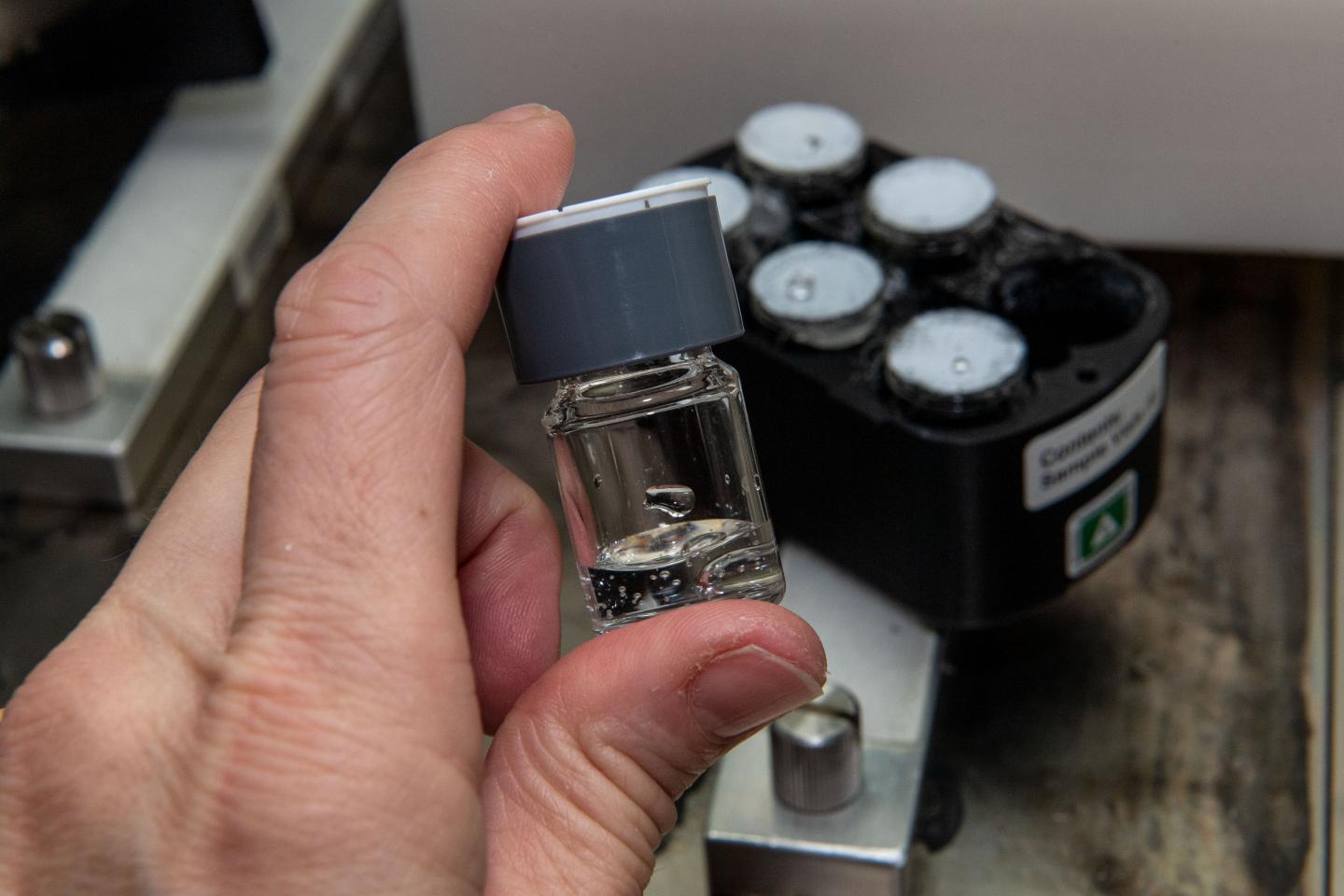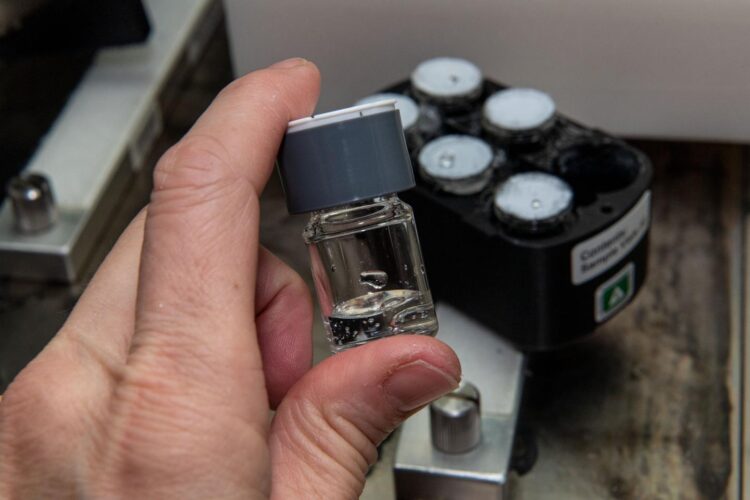A suite of International Space Station scientific experiments journey back to Earth aboard the 22nd SpaceX commercial resupply services mission for NASA.

Credit: NASA
A suite of International Space Station scientific experiments soon journey back to Earth aboard the 22nd SpaceX commercial resupply services mission for NASA. Scientists on the ground look forward to having their experiments back within hours, an advantage that could provide better results. Dragon undocks from the space station July 7.
The combination of a spacecraft redesign allowing for faster unloading of research and the splashdown location near NASA’s Kennedy Space Center in Florida makes it possible to return time-sensitive experiments to scientists much faster. In addition, Kennedy’s Space Station Processing Facility is home to world-class laboratories offering tools and workspace to collect data and analyze samples. Scientists can look at experiments immediately, before gravity has a chance to fully take effect, and follow up with more in-depth analysis at their home labs.
“Being able to run ground controls and process flight samples at the same place using the same hardware cuts down on the variability,” says Nathaniel Szewczyk, a researcher at Ohio University and a principal investigator for one of the returning investigations, MME-2.
That consistency is key, notes Luciana Rinaudi Marron, a co-investigator at Colgate-Palmolive for the Oral Biofilms in Space study. “Running analyses on all the samples at the same time eliminates a lot of variability of having different people prepping and analyzing samples at different places. It really helps eliminate sources of error.”
Explore some of the quick-turn around experiments returning to Earth aboard the Dragon capsule:
Keeping things cool
Lyophilization-2 examines how gravity affects freeze-dried materials. Formulating pharmaceuticals using lyophilization, or freeze-drying, improves their stability and shelf life and could enable long-term storage of medications and other resources on future long-duration space missions. On Earth, the process leads to formation of layers with structural differences, and this investigation looks at whether gravity is the cause.
These materials will be frozen on the space station and brought down frozen. According to principal investigator Jeremy Hinds of Eli Lilly and Company, timing in this process is critical. “I need to receive them in that frozen state. If they melt, all the information captured in the freezing process is gone. Extended time allows anything like heat or humidity to change the physical state of the material. We want the best outcome we can get from this experiment, and timing is a critical piece.”
Results ultimately may lead to improved freeze-drying processes for the pharmaceutical and other industries. “It is important to do the freeze-drying technique off of Earth,” Hinds adds. “If we find that conducting the process in space gives us a performance benefit, for example, that could be key to a future drug.”
Studying worms to improve health
MME-2 tests whether a series of drugs to improve cell energy and muscle efficiency can improve overall health in space and the role of a specific molecule in the changes in human health observed during spaceflight. The ESA (European Space Agency) investigation uses C. elegans worms and expands on previous experiments that used this model organism to study genetic changes in space. Many health changes seen in space resemble those experienced with aging on the ground, and these drugs also could lead to new therapeutic targets to study on Earth.
Open wide
Oral Biofilms in Space studies how gravity affects the structure, composition, and activity of oral bacteria in the presence of common oral care agents. Findings could support development of treatments to fight oral diseases such as cavities, gingivitis, and periodontitis and provide insight into how microgravity affects the microbiome of other surfaces in the body. Maintaining oral health is key on future long-duration space missions to the Moon or Mars, and the project could lead to treatments for oral diseases on Earth.
“We are looking at the molecular mechanism of disease and how our oral care products are able to intervene. Any molecular work is time sensitive, because you are looking at metabolites and nucleic acids and they degrade over time. So, the quicker we get them, the less degradation occurs,” says co-investigator Harsh Trivedi.
Quick turnaround also allows investigators to modify an experiment, learning from the first round to plan for the next, adds co-investigator Carlo Daep. “We are glad to get the samples back from the same craft that took them up. It will be exciting to see what turns up.”
###
Media Contact
Leah Cheshier
[email protected]
Original Source
http://www.





